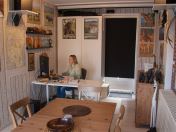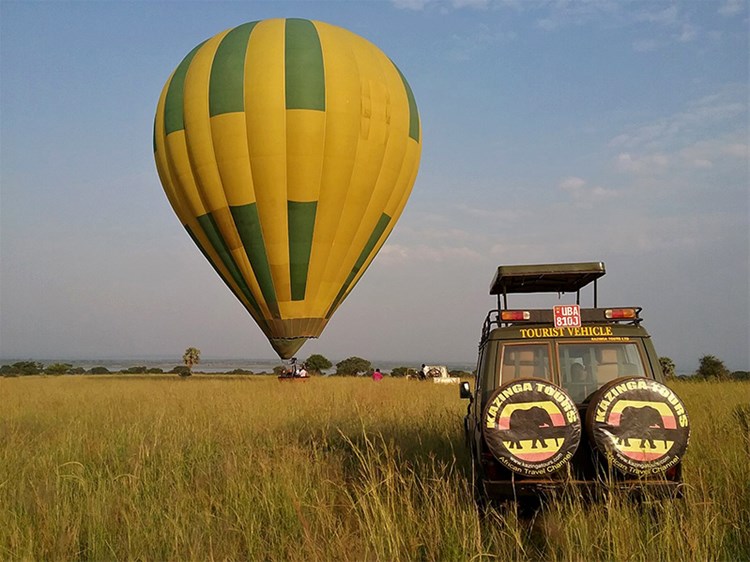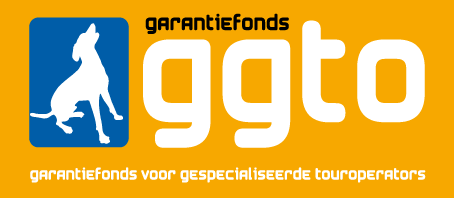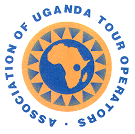About
We are Kazinga Tours!! We organize trips to Uganda, Rwanda, Kenya and Tanzania. And for really experienced travelers we also offer Congo. We are specialists in these countries and we have an office in Kampala from where we organize trips. We also have an office in the Netherlands for our European clients.
Kazinga Tours was started in 2006 by Felex Musinguzi from Uganda and Vincent van ‘t Hof from the Netherlands. Felex studied Tourism in Entebbe (Uganda) and Vincent is a fanatic Wildlife Photographer from the Netherlands. Together they started Kazinga Tours and wanted to do it different than many other safari companies.



See Our Team for our personal profiles.
The Covid 19 measures for Uganda have been abandoned.
Please note: Always check the latest information on the official Uganda website regarding Covid, as the information we have compiled might be out of date (as it is updated frequently):
https://caa.go.ug/category/covid-19-notices/
The Covid 19 measures for Rwanda have been abandoned.
Please note: Always check the latest information on the official Rwanda website regarding Covid, as the information we have compiled might be out of date (as it is updated frequently):
https://www.visitrwanda.com/frequently-asked-questions/
A Covid vaccination certificate is mandatory when you want to visit Kenya (no boosters are needed, so 1x Janssen or 2x Pfizer/Moderna is enough). If you are not vaccinated you can travel with a negative PCR test.
Please note: Always check the latest information on the official Kenya website regarding Covid, as the information we have compiled might be out of date (as it is updated frequently):
The Covid 19 measures for Tanzania have been abandoned.
Please note: Always check the latest information for Tanzania regarding Covid, as the information we have compiled might be out of date (as it is updated frequently):
https://www.gov.uk/foreign-travel-advice/tanzania and https://tz.usembassy.gov/covid-19-information/
Kazinga Tours NL is member of GGTO and Calamiteitenfonds, for extended coverage of (financial) problems of the Tour Operator and problems in the destination (like natural disasters, serious riots etcetera). So if problems arise in the destination or with us, Kazinga Tours NL, the client is (financially) fully covered. For travelers who want to have this security, we always recommend to book through Kazinga Tours NL.
The health and safety and well-being of all our clients is always number 1, so If there is a code red before departure we offer our clients the option to rebook to another date free of charge and if the trip cannot be postponed it is possible to cancel the trip for free according to the international (ANVR) travel conditions.
We already successfully postponed many trips from the beginning of the Covid-19 pandemic, all free of charge. Including rescheduling Gorilla and Chimp permits for Uganda and Rwanda free of charge. And apart from booking and organizing trips, we realize we are also good in rebooking trips
So if you book now and the situation around Covid-19 in the country of destination or in the country of origin is getting worse, we will postpone the trip together with you, free of charge.
Below we share what travelers can do to lower the risk of contracting the Corona virus. Check out our safety tips for flying, choosing a hotel a destination, low-risk activities, and how to limit the spread of COVID-19.
With our tips and advice regarding your health and safety, you know what you need before you travel. Our tips and advice emphasize prevention because when travelling, it is better to prevent than to cure. You can prepare yourself by knowing what type of country you will be traveling to, and adjust your clothing and essentials accordingly.
If you need more information or have a specific question, please feel free to send an email to mail@kazingatours.com. You can also contact us on social media.
When traveling to Africa, it is good to know that there are some tropical diseases transmitted by insects, know what to look for and don’t let them bite you. The topography of the land may differ from place to place.
Please find below some things you should know before you visit Africa:
1. Get the right travel insurance
It is important that you should always get the right travel insurance when travelling. Travel insurance will always cost you some dollars a day but it will literally save you tens of thousands of dollars in the event of an accident, and even save your life. With Corona this is extra important.
Kazinga Tours ensures that its customers are fully protected by their insurance cover with SATIB Insurance Brokers, on the points to be insured by Kazinga Tours
2. Check your government travel advisory
Before your start planning a trip, check the status of your government travel advisory, and follow its advice. It is possible to travel to code ‘orange’ countries, but always check the specific details.
3. Look for destinations, hotels, and operators that are following COVID-19 safety guidelines
Tourism is vital to economies of many countries and they are eager to welcomes visitors again. But they don’t want to risk of creating a spike in local cases.
In response, some countries have created certification programs that enforce certain standards of hygiene for hotels, public-facing businesses, and attractions. Safety protocols that businesses and attractions can follow have been put together.
So, one way to help ensure that your activities and accommodations are COVID-19 safe is to look for destinations or operators that are following the safety protocols, which you should ask before you book. Kazinga Tours has implemented the necessary SOPs (Standard Operating Procedures) and will only use suppliers who have done the same.
4. Seek out countries where COVID-19 case numbers are low
Some countries have been relatively unscathed by the COVID-19 pandemic, at least so far. If a destination has few cases or hasn’t new cases in several weeks, the risk of catching the virus while being there is low. Wherever you go, it is safe to stick wide open places, and avoid crowds. For safari destinations this is absolutely possible.
5. Take enough face masks, hand sanitizer and a packet of baby wipes
Preventing the spread of COVID-19 is a shared responsibility. Millions of people are dependent on tourism for their livelihoods but opening their doors puts them and their fellow citizens at a risk. So, if a country welcomes you, the decent thing to do is to comply with its requirements.
Carry enough face masks, wear a mask on your flight and whenever you are requested at your destination, and in public. Wearing a mask in airports, in public and on your flight is a good way to protect against coronavirus.
East Africa is a tourism hub in Africa but during the Covid-19 crisis the people working in tourism industry in these countries we travel to have been hugely affected including (tour guides, hotel employees and those working at the airports), porters, people selling crafts and suppliers to hotels and lodges. This means when you travel to one of the countries in East Africa (Uganda, Rwanda, Kenya and Tanzania) you do support the local people in a good way so that they don’t destroy the environment and we look forward to welcoming you soon.
If you need more information or have a specific question, please feel free to send an email to mail@kazingatours.com. You can also contact us on social media.
Disclaimer:
Please note the information about Covid-19 presented here is compiled in the best possible way, however, the situation in each country can change overnight, so it is mandatory to check the website of the authorities of the country of origin and country of destination as well, plus the terms and conditions of your insurance. Kazinga Tours can never be held responsible for any information about Covid-19 as it is for general information purposes only. You should not rely upon this information as a basis for making any decision about traveling.












